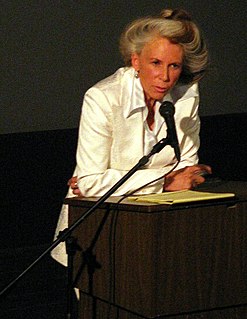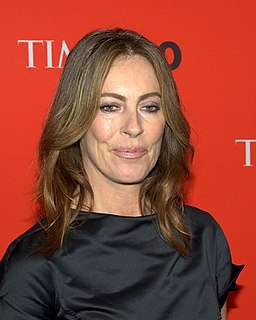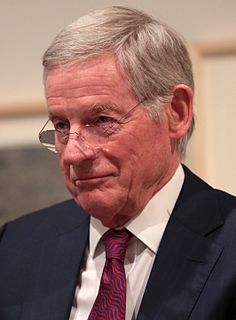A Quote by Rain Dove
A gender capitalist is someone who takes advantage of opportunities given to people based on their perceived sex or gender.
Related Quotes
Gender is not something that one is, it is something one does, an act... a "doing" rather than a "being". There is no gender identity behind the expressions of gender; that identity is performatively constituted by the very "expressions" that are said to be its results. If the immutable character of sex is contested, perhaps this construct called 'sex' is as culturally constructed as gender; indeed, perhaps it was always already gender, with the consequence that the distinction between sex and gender turns out to be no distinction at all.
Someone who is experiencing gender dysphoria would be someone who feels that his biological sex doesn't match up with the gender that he feels. So, I might feel like I am a woman trapped in a male body, and you can imagine how horrible that would be to have that kind of experience or to think that you're a man trapped in a woman's body. It must be just a terribly difficult experience for those who experience gender dysphoria. But this is not anything to do with homosexual attraction or activity. It's a matter of one's self-perceived identity.
I am a men's liberationist (or "masculist") when men's liberation is defined as equal opportunity and equal responsibility for both sexes. I am a feminist when feminism favors equal opportunities and responsibilities for both sexes. I oppose both movements when either says our sex is THE oppressed sex, therefore, "we deserve rights." That's not gender liberation but gender entitlement. Ultimately, I am in favor of neither a women's movement nor a men's movement but a gender transition movement.
I think growing up, the assimilation of most cultural conventions typically encouraged by a heightened awareness of gender and sex encourages a sort of separation of the self. What's so special about 'Hanna' is that her upbringing has negated this indoctrination; she's almost absolved of the pressures of gender or gender itself.
I have always firmly believed that every director should be judged solely by their work, and not by their work based on their gender. Hollywood is supposedly a community of forward thinking and progressive people yet this horrific situation for women directors persists. Gender discrimination stigmatizes our entire industry. Change is essential. Gender neutral hiring is essential.
Some trans people thought that in claiming that gender is performative that I was saying that it is all a fiction, and that a person's felt sense of gender was therefore "unreal." That was never my intention. I sought to expand our sense of what gender realities could be. But I think I needed to pay more attention to what people feel, how the primary experience of the body is registered, and the quite urgent and legitimate demand to have those aspects of sex recognized and supported.





































